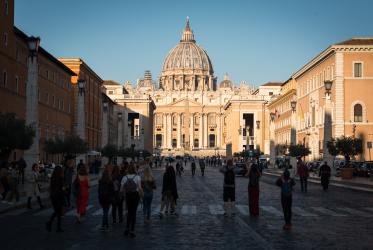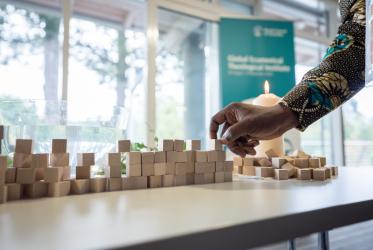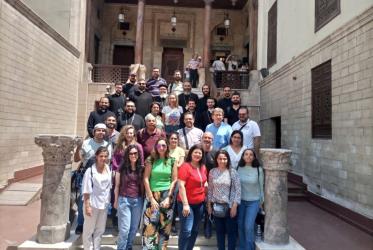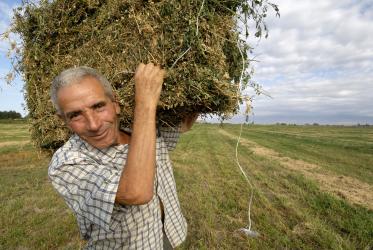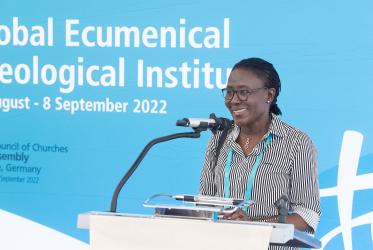Displaying 1 - 20 of 308
Compendium of Promising Practices of African Faith Community Interventions against Paediatric and Adolescent HIV
Executive Summary
23 March 2024
WCC to share key insights at World Social Forum
09 February 2024
Bossey students to visit Rome, share common Christian heritage
17 January 2024
WCC institute encouraged rethinking theology
23 November 2023
WCC Eco-School begins in Crete
15 November 2023
Regional theological institute will gather young people from Africa
02 November 2023
Recommended Practices to Combat HIV-Related Stigma
A Guidebook for Local Faith Communities
05 October 2023
Faith Sector Implementation of the Global AIDS Strategy
05 October 2023







